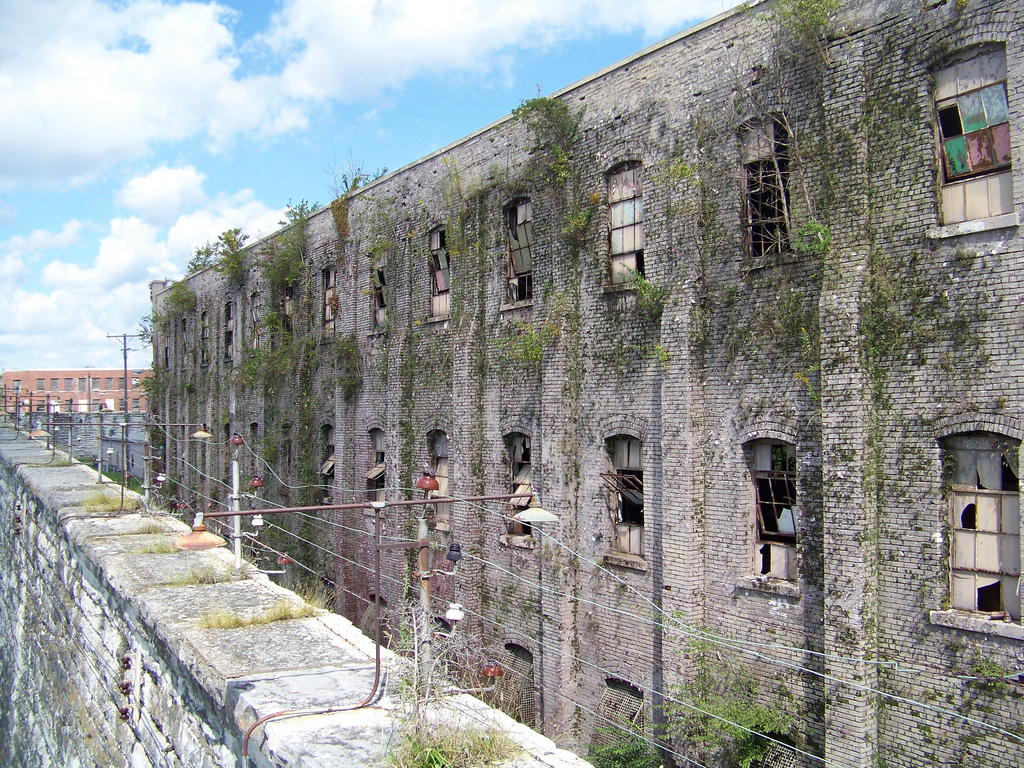2015 Special Recognition: A Multi-Agency Approach to Re-purpose Correctional Facilities
Like many states, Massachusetts faces significant challenges in corrections. The costs of managing the state’s criminal justice system continue to grow to historic highs, and the impact of recidivism on local communities is devastating. Over half of the inmates released by the Department of Corrections, House of Corrections, or probation system are convicted again. Repeat offenders make up a significant percentage of the Massachusetts prison population, suggesting that inmates are not being effectively rehabilitated.
In the past few years, Massachusetts has met these challenges with a variety of methods. Prior sentencing reforms have ensured that prisoners spend an appropriate amount of time behind bars for their crimes. Similarly, an improved system of inmate classification assesses inmates’ risk profiles and transfers low-risk inmates to lower, more appropriate levels of security. Minimum-security inmates approaching release are able to “step-down” to low-security county houses of correction. These reforms have reduced the Massachusetts prison population by 1,000 over the past two years.
As the Commonwealth reduces its prison population, the need for increased long-term residential programming grows; however, there is currently a lack of funding for parolees recently released from prison. Daniel Bennett, Massachusetts Secretary of Public Safety and Security, has proposed a plan to resolve this issue of limited resources.
Reductions in Massachusetts’ prison population have generated new capacity in correctional facilities. To facilitate expansion of reentry programming, the MA DOC would consolidate these facilities and re-purpose a vacant low-security prison to house a much-needed parole program. This would provide 200 additional beds to be used by Parole for residential programming—a valuable boost in resources to accommodate a waiting list of 400 parole-eligible inmates.
Implementing this proposal will not require any new taxes or fees; the majority of funding will come from consolidation and reallocation of existing resources. According to Bennett, the minimal start-up costs needed for this program would be more than offset by the savings the Department of Corrections would achieve. The operating costs associated with a parole facility are significantly less than those needed for a prison, due to less need for surveillance and oversight.
The Pew-MacArthur Results First Initiative projects that this proposal could reduce recidivism by 6-11.3% in Massachusetts. By assisting prisoners to become stable in the community through this program expansion, this initiative would help minimize the risk of re-offending and would make the Commonwealth a leader in generating solutions to our nation’s incarceration problem.




Leave a Reply
Want to join the discussion?Feel free to contribute!